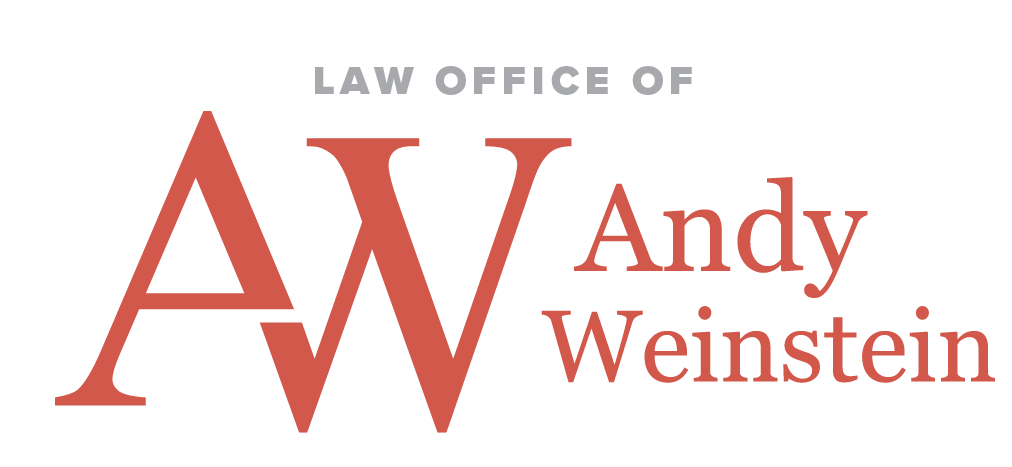Most people who are doing a real estate closing in New York or New Jersey, whether it is for a residential home or a commercial building, will notice that they paid for title insurance as part of their closing costs.
For those who might not fully understand it, a title insurance policy offers financial protection against defects in title. Title defects are surprisingly common in real estate transactions both in New York and elsewhere.
Serious defects, such as where someone gets sold land that does not belong to the seller, are relatively rare. However, more common defects, like tax liens, other liens, title irregularities or easements and restrictive covenants, can affect the average buyer in the greater New York City area.
These title defects will immediately reduce to value of real estate and will make it more difficult to re-sell. Some liens may even wind up in foreclosure, meaning a property owner faces the prospect of paying a debt it does not owe or losing the real estate.
The title insurance company’s policy will cover many title defects. Specifically, the insurance carrier assumes responsibility either for paying for the loss of value to the property or for correcting the defect. The carrier also will usually agree to defend against certain real estate litigation.
An added benefit is the insurance company will usually assume ultimate responsibility for conducting a title search before a sale and then flagging defects by excluding them from coverage.
Oftentimes, a lender or even the other party will insist the buyer obtain title insurance. Even when not required, many buyers consider title insurance a prudent purchase.
Sometimes title insurance companies may refuse to pay covered claims
The goal of title insurance is to take the burden of a surprise title defect off of the buyer of the home. Unfortunately, sometimes insurance companies refuse to pay or correct a title defect after a valid claim.
In these cases, a property owner may need to understand his or her legal rights.

